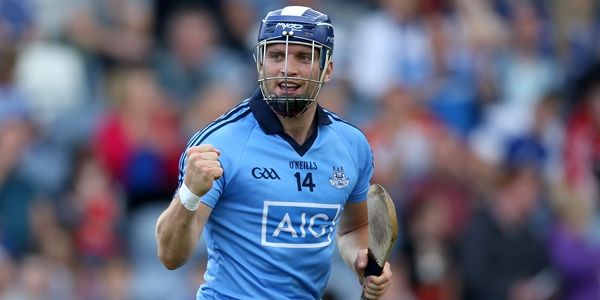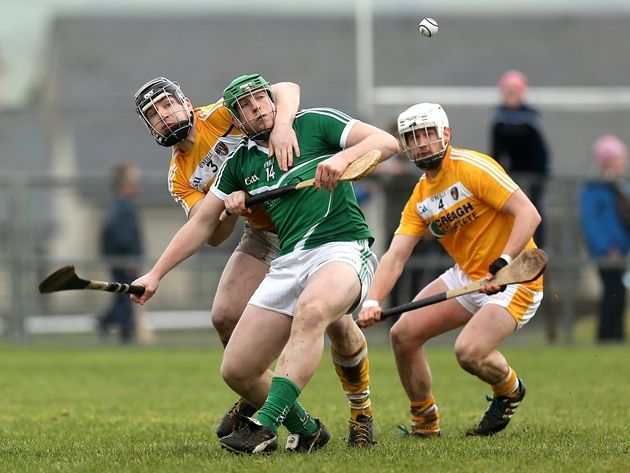

Share
16th July 2016
11:35am BST

 The Ballyboden St Enda's clubman is a former dual star, who played football and hurling for Dublin before focussing on the small ball code from 2011 onwards. He believes skills coaching is far more crucial in hurling than football.
The Ballyboden St Enda's clubman is a former dual star, who played football and hurling for Dublin before focussing on the small ball code from 2011 onwards. He believes skills coaching is far more crucial in hurling than football.
"It mightn't require as much fitness but it definitely requires more training in terms of touch. You need to be at it all the time."TJ Ryan has already stepped down as Limerick manager and as the hurling season gets down to the sharp end the futures of other intercounty bosses will come under the spotlight. It is not clear whether Cunningham, for example, will see out the third year of his term in charge of Dublin. However the ever increasing focus on the managerial merry-go-round can blind us to the importance of the coach - the man who takes the training sessions, designs and leads the drills. While Kilkenny continue on with the dynamic duo of manager Brian Cody and former Laois footballer Mick Dempsey, most counties have long recognised the importance of a dedicated hurling coach. If they haven't, they should start listening to their players.
 "Managers nowadays just manage situations but a good hurling coach is probably a priority as far as I am concerned," says Shane Dowling as Limerick seek a replacement for Ryan.
"Clare 2013, obviously they had Davy Fitzgerald as manager and he did very well, but they had Paul Kinnerk as training coach and if you speak to any of the Clare players they will tell you if they didn't have Paul Kinnerk there they wouldn't have won it," added the Na Piarsaigh forward, speaking on The GAA Hour.
The former Limerick footballer left Fitzgerald's back room team in 2015 but returned this year alongside Donal Óg Cusack, while retaining his roles as head coach of Limerick’s underage football academy and advisor to Limerick’s underage hurling academy and minor hurlers.
"Managers nowadays just manage situations but a good hurling coach is probably a priority as far as I am concerned," says Shane Dowling as Limerick seek a replacement for Ryan.
"Clare 2013, obviously they had Davy Fitzgerald as manager and he did very well, but they had Paul Kinnerk as training coach and if you speak to any of the Clare players they will tell you if they didn't have Paul Kinnerk there they wouldn't have won it," added the Na Piarsaigh forward, speaking on The GAA Hour.
The former Limerick footballer left Fitzgerald's back room team in 2015 but returned this year alongside Donal Óg Cusack, while retaining his roles as head coach of Limerick’s underage football academy and advisor to Limerick’s underage hurling academy and minor hurlers.
"Sometimes managers are great at managing and the best hurling coach in the world would be terrible at managing. The way things are gone in Limerick I think a good hurling coach is essential and a manager manages, dealing with a load of different things, but on the training field, when you go down training, it is the hurling coach who takes over."Kinnerk, Dunne and his ilk are men in demand. Listen here and see what you think. Or you can subscribe on iTunes by clicking this link. https://soundcloud.com/user-787320910/the-gaa-hour-with-colm-parkinson-corks-plight-and-conal-keaney-on-ger-cunningham